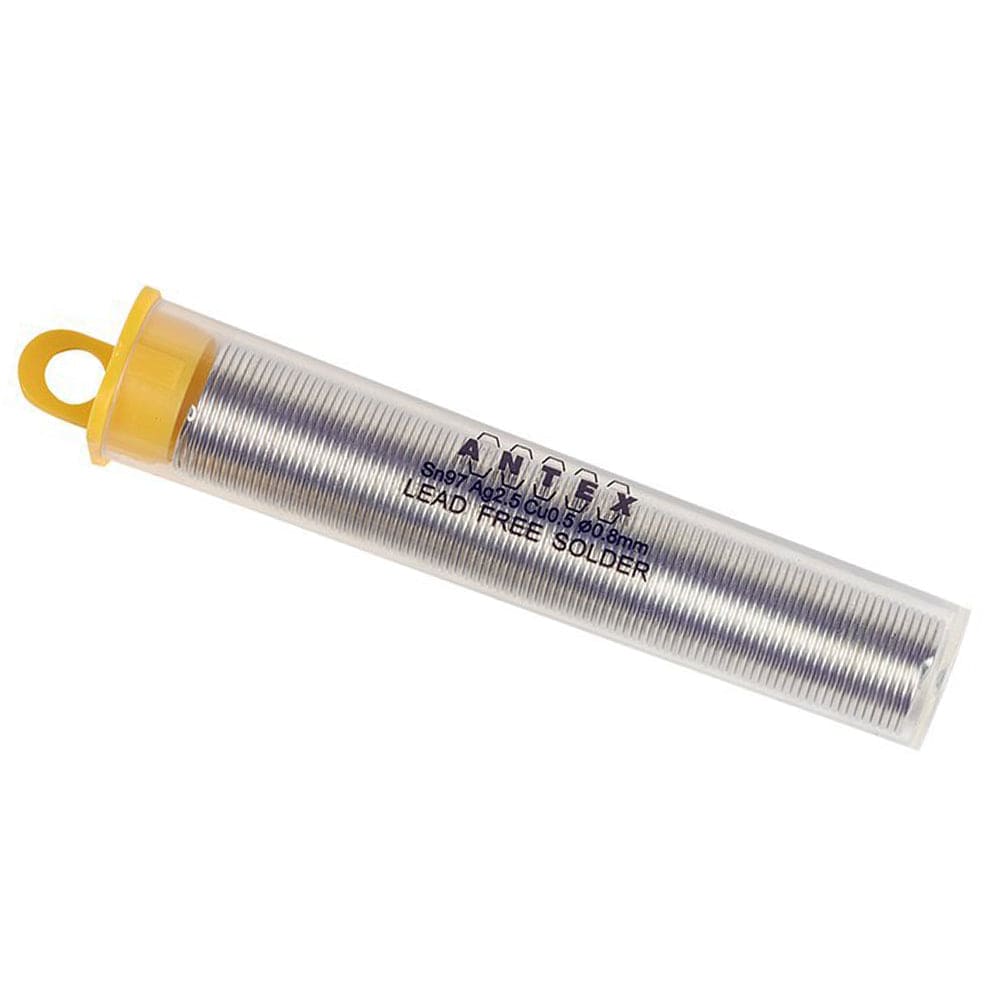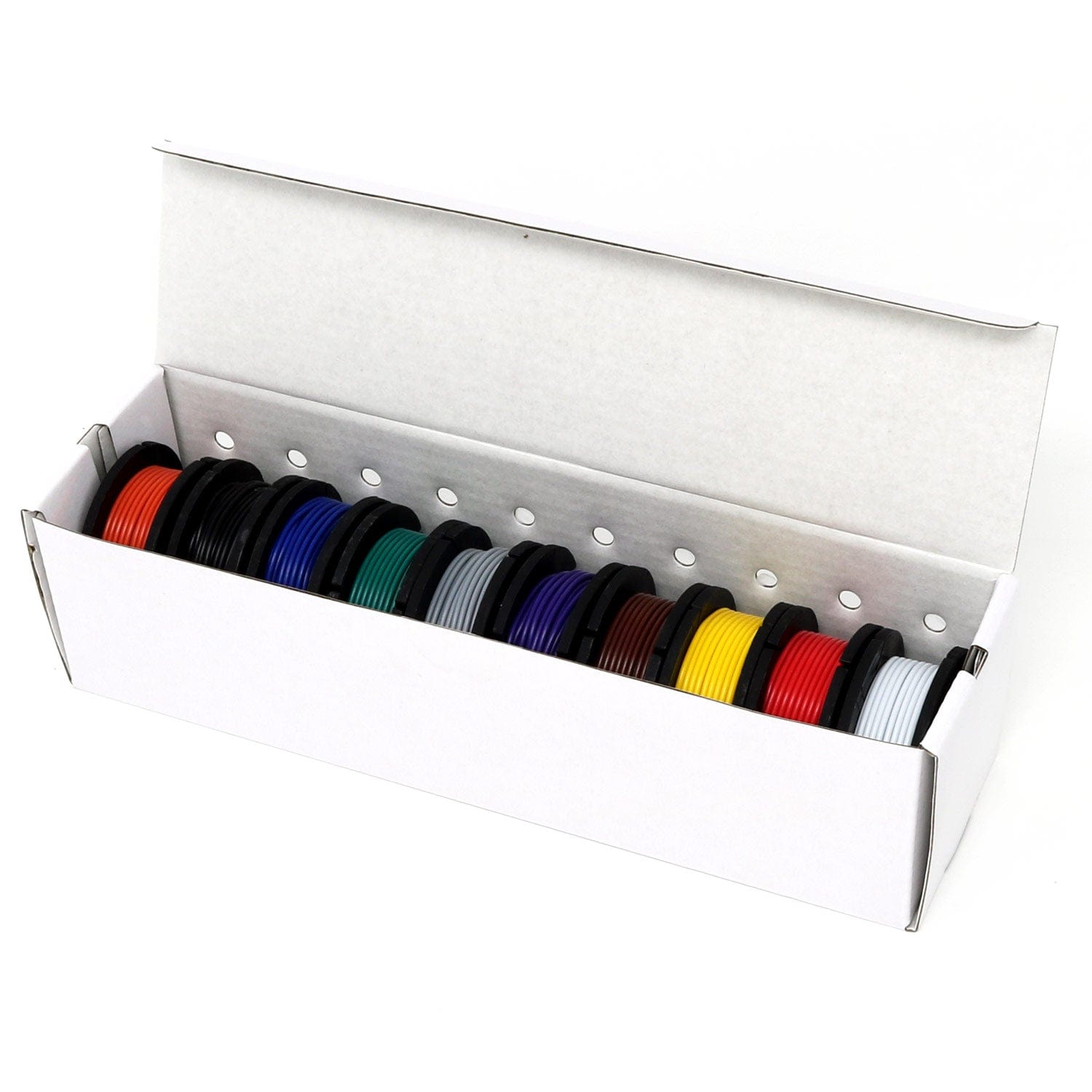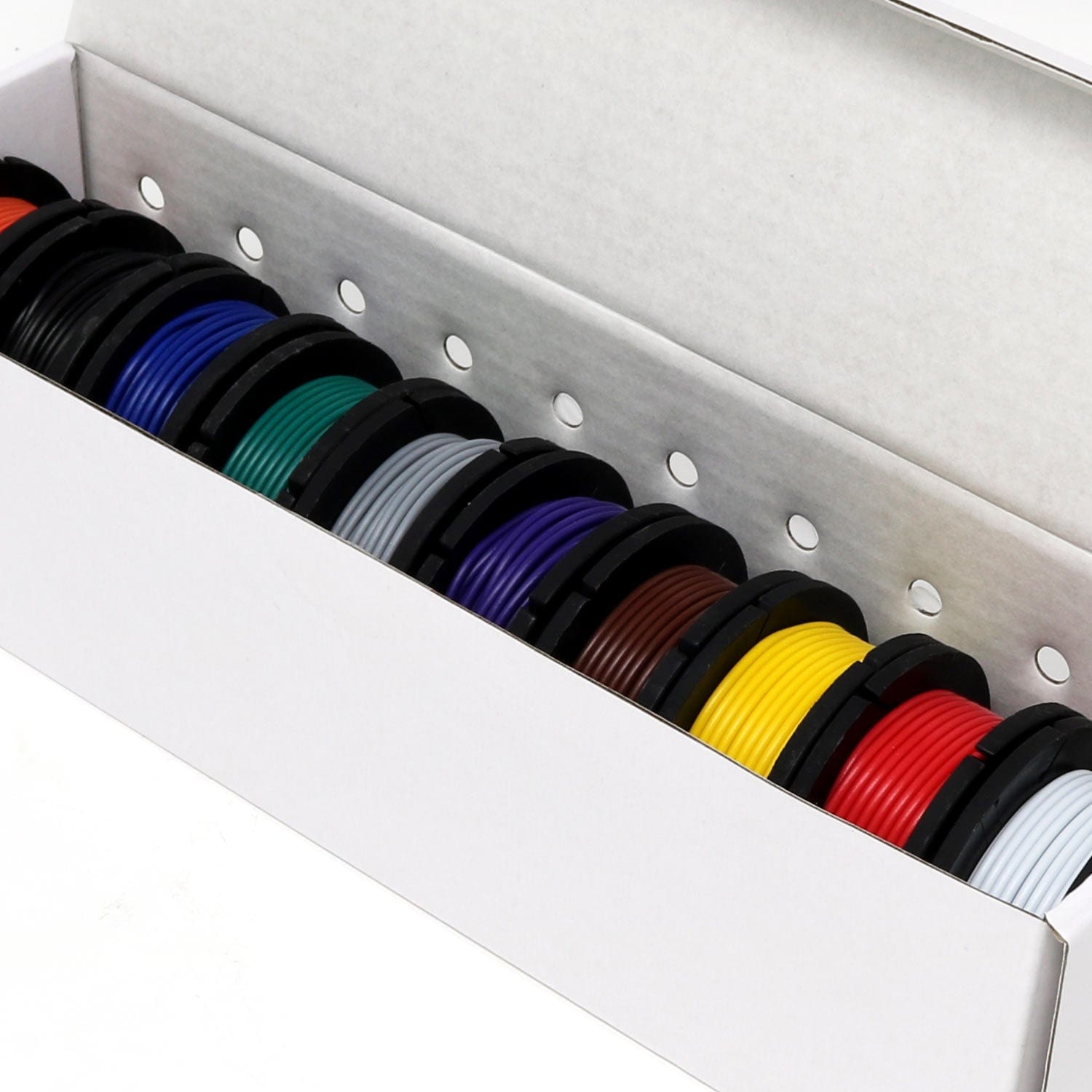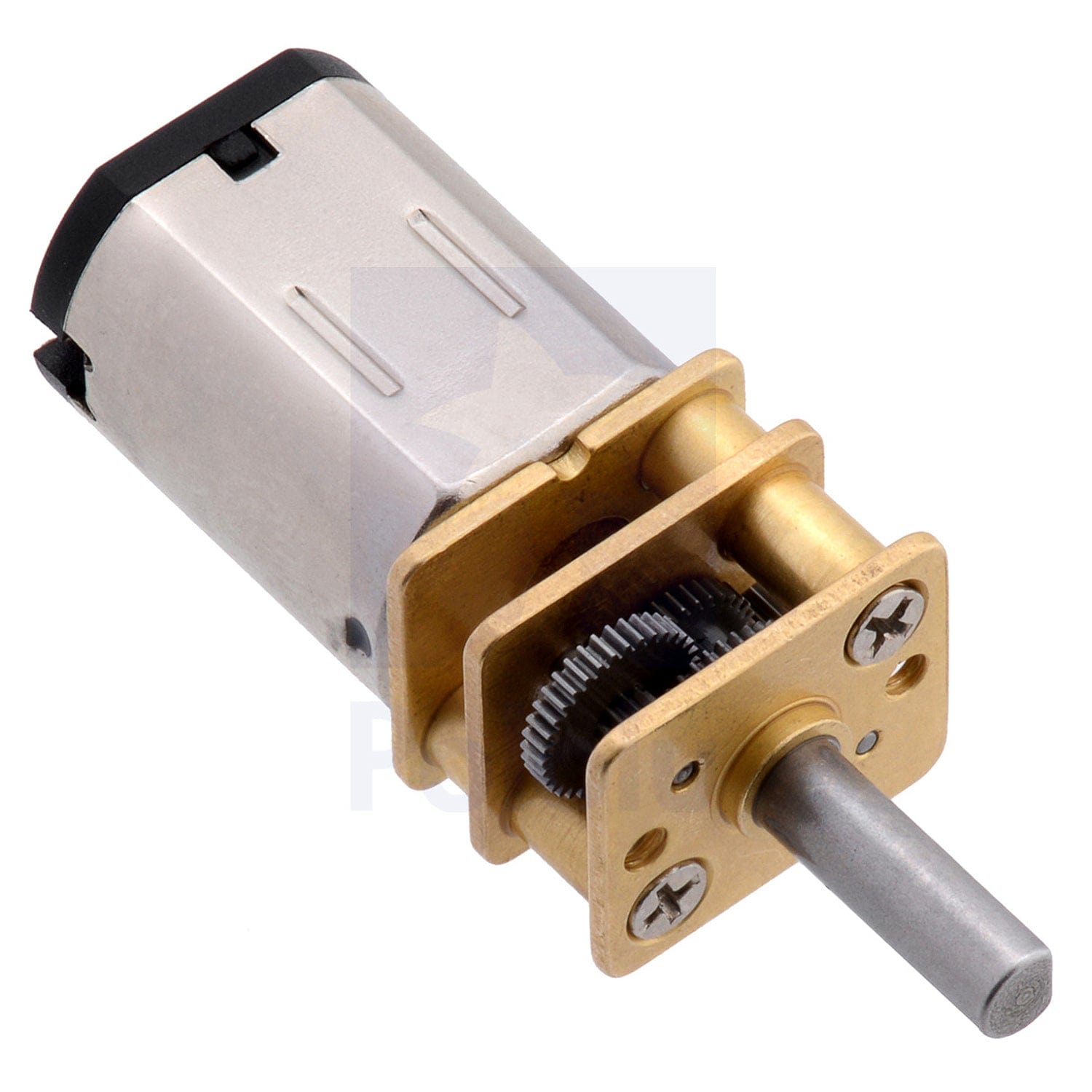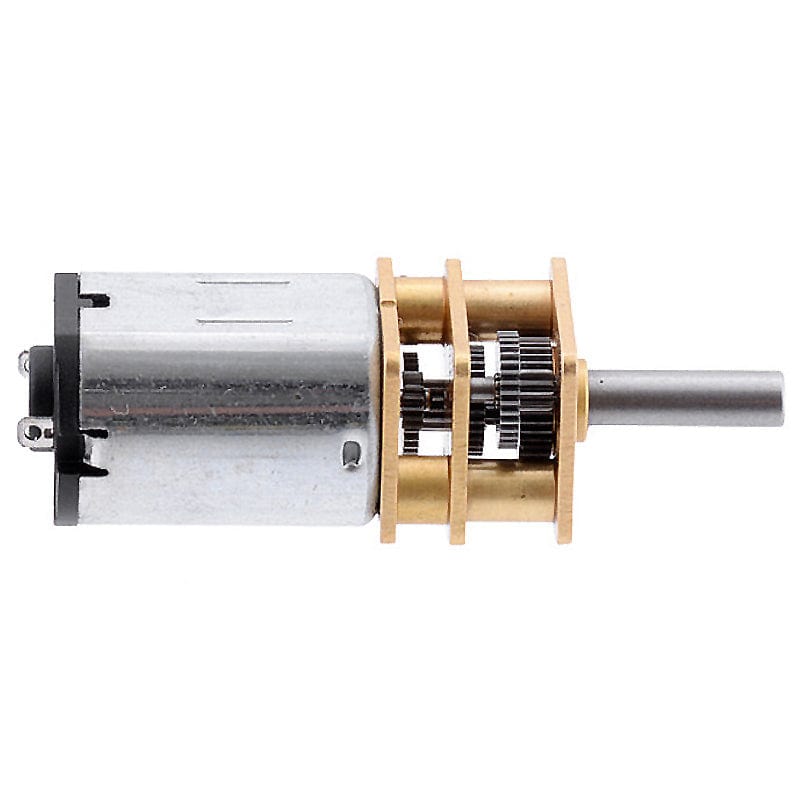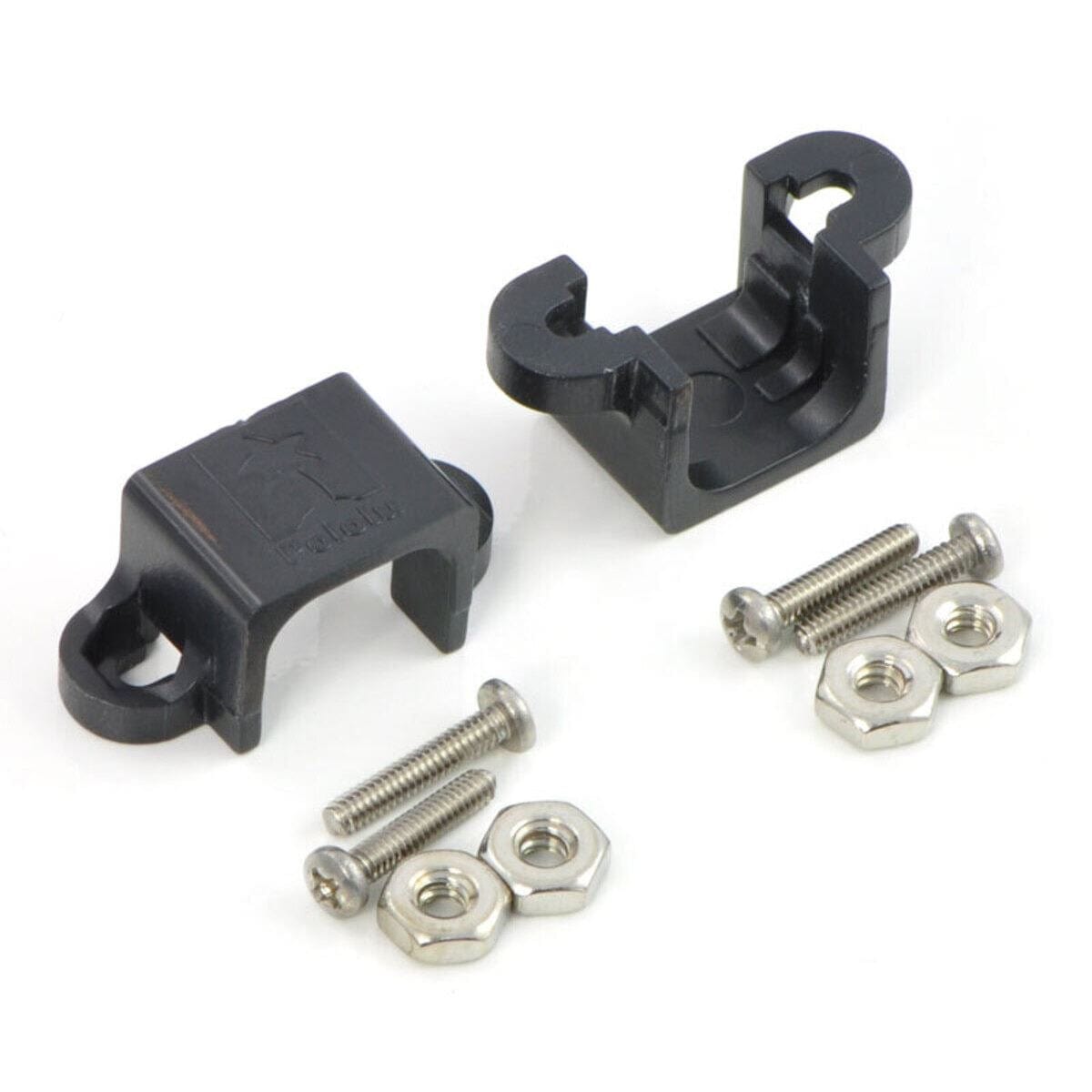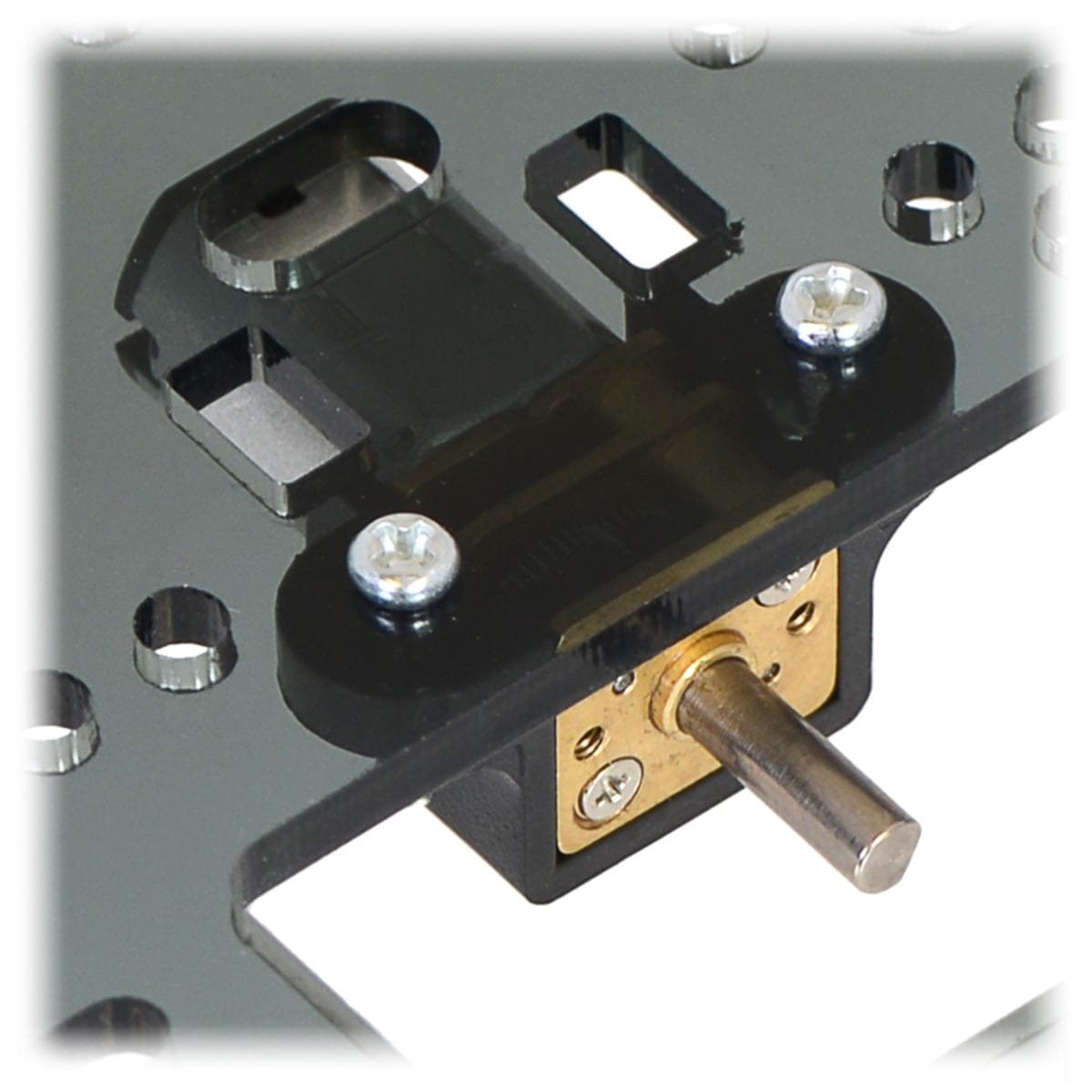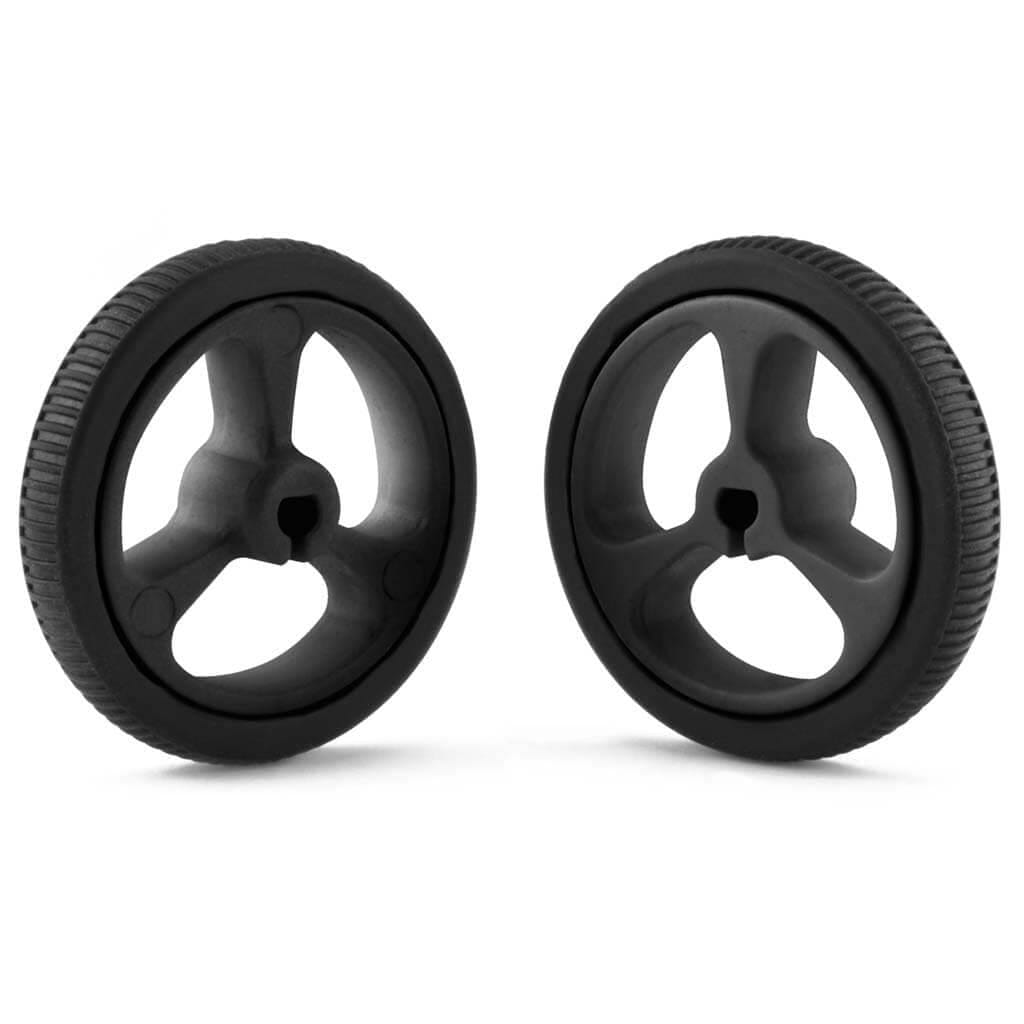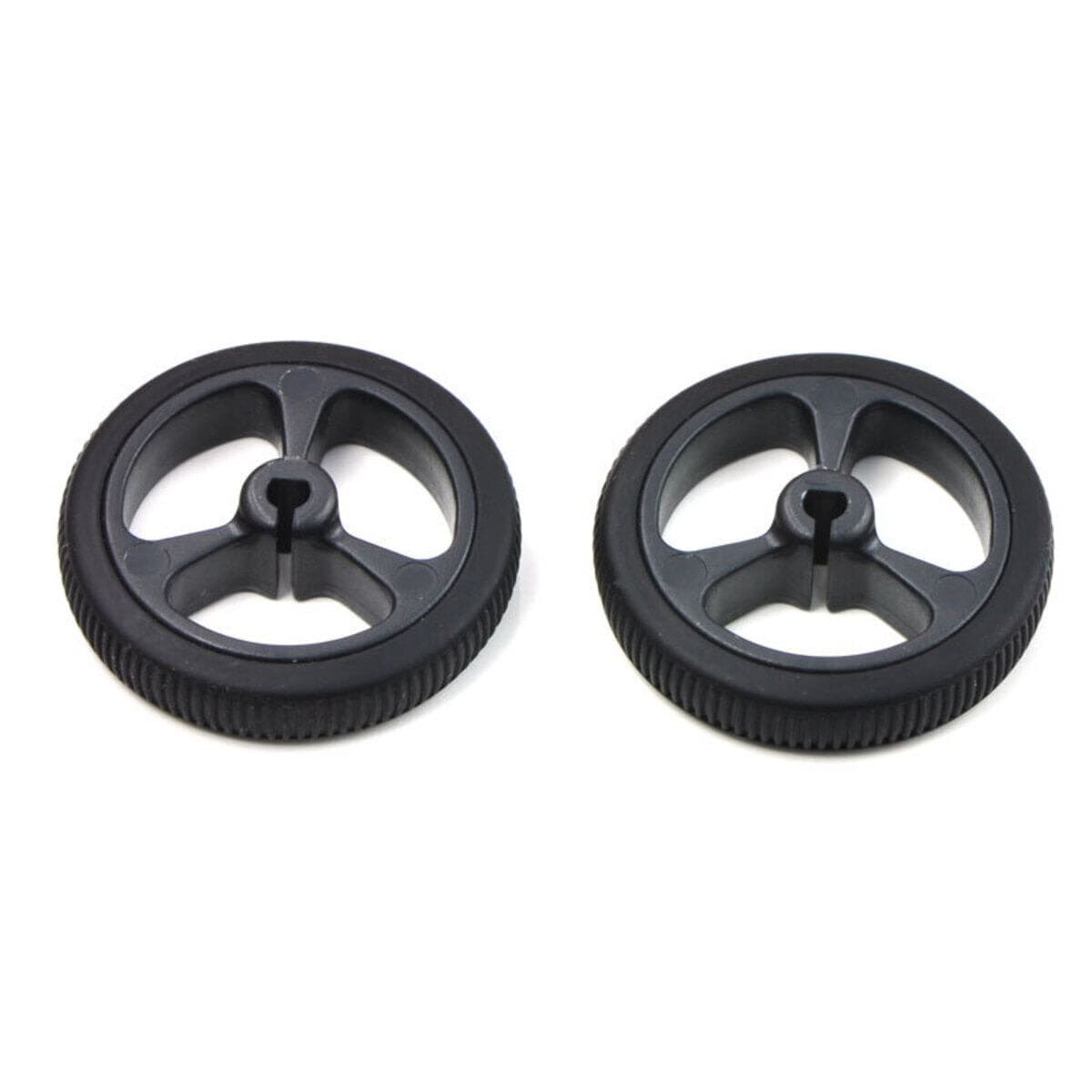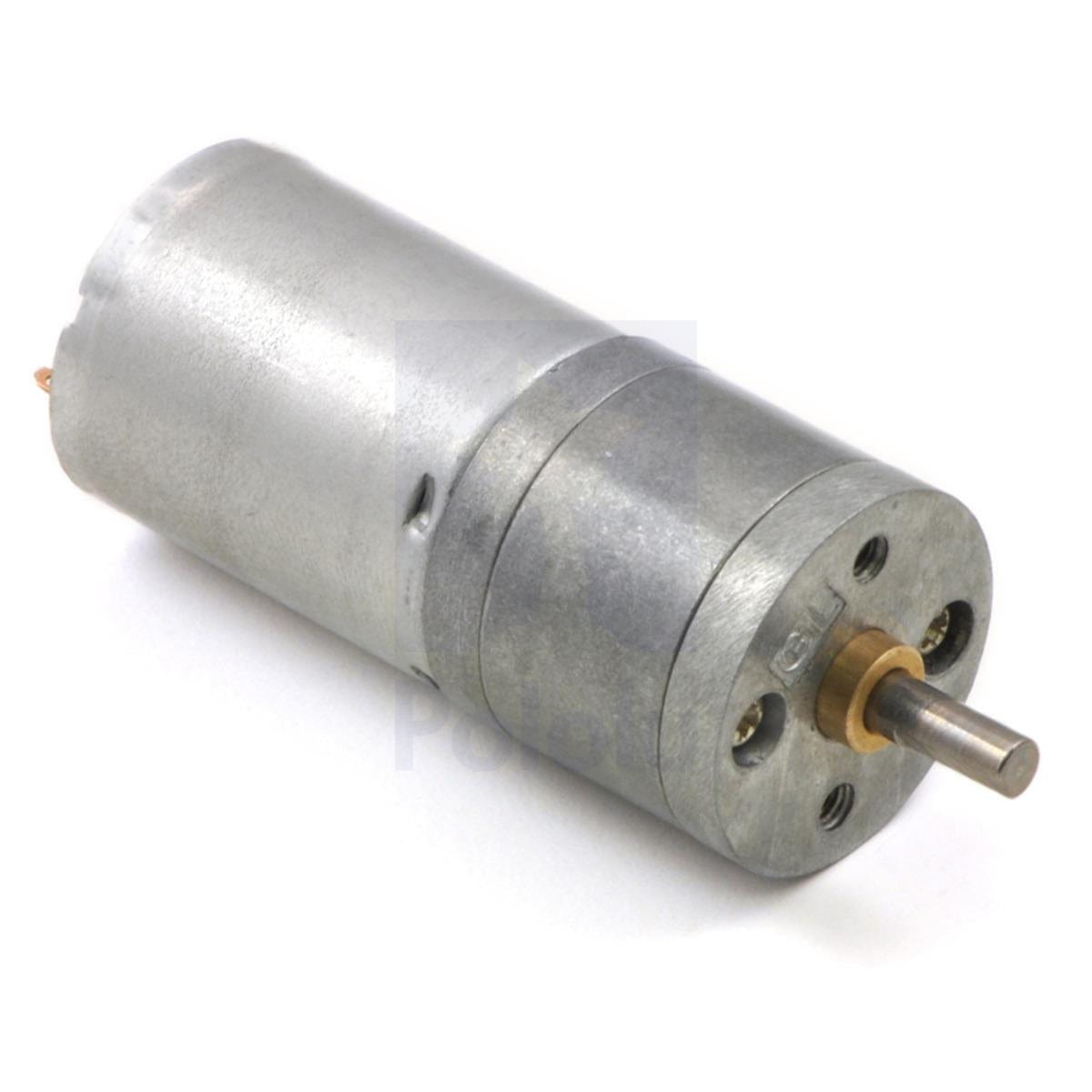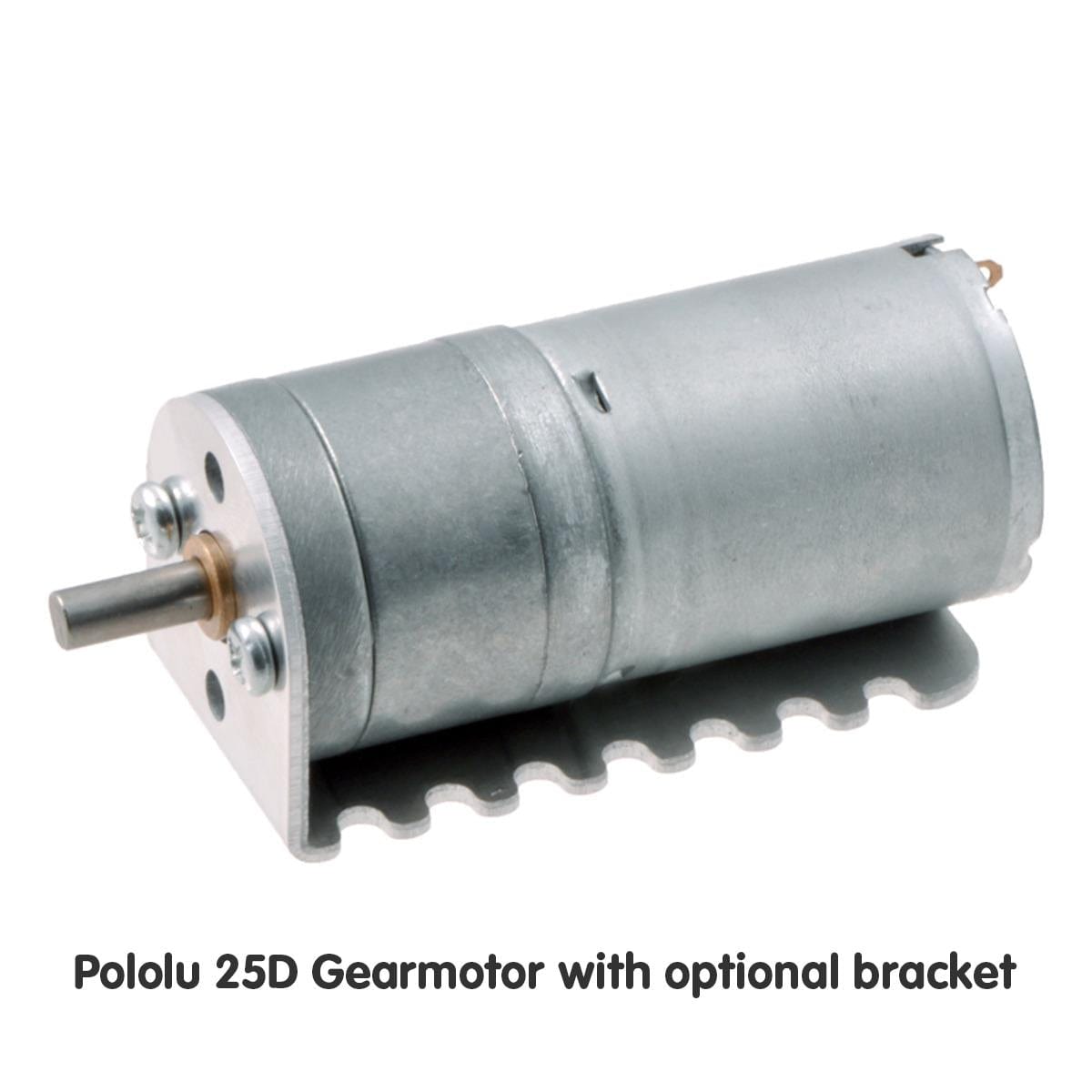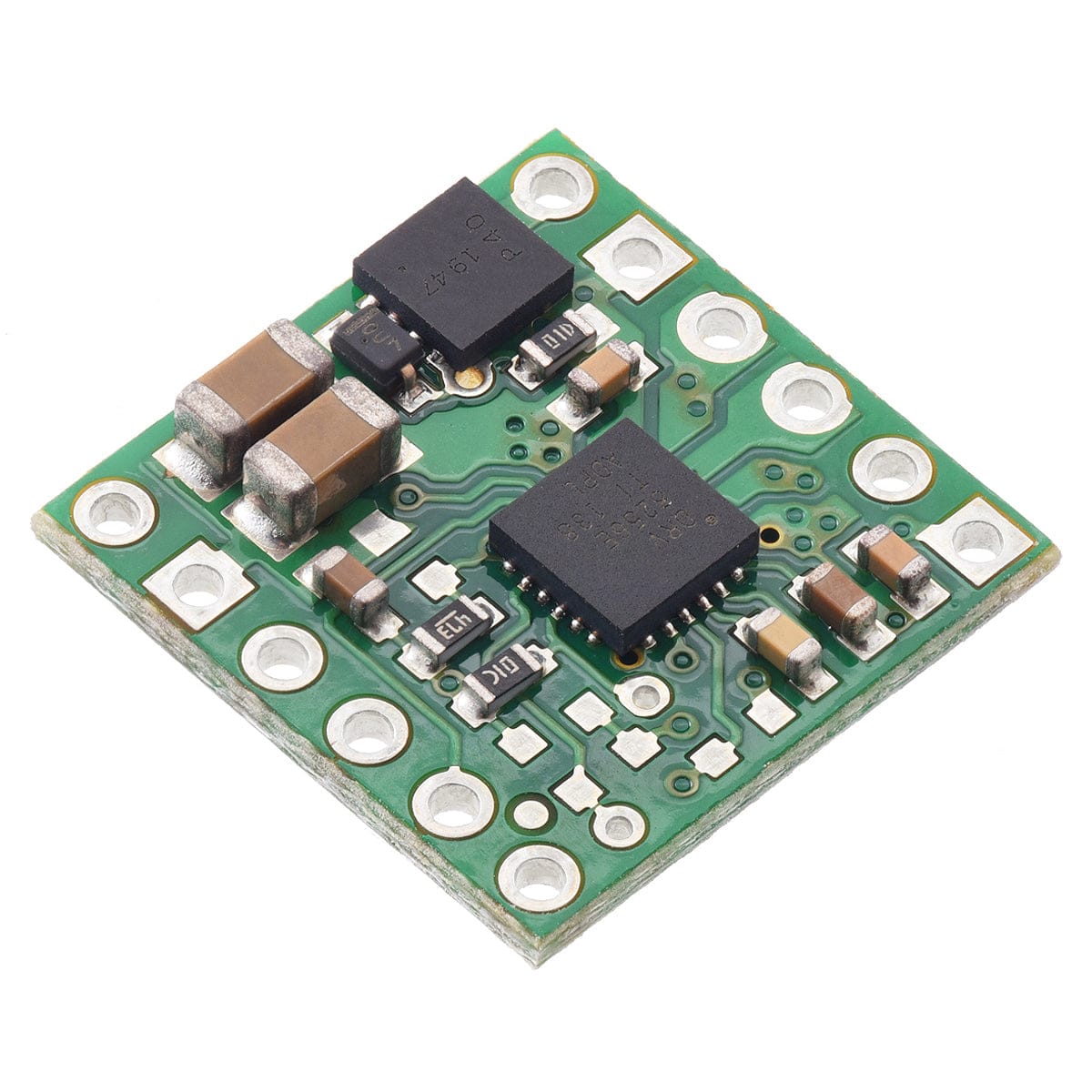
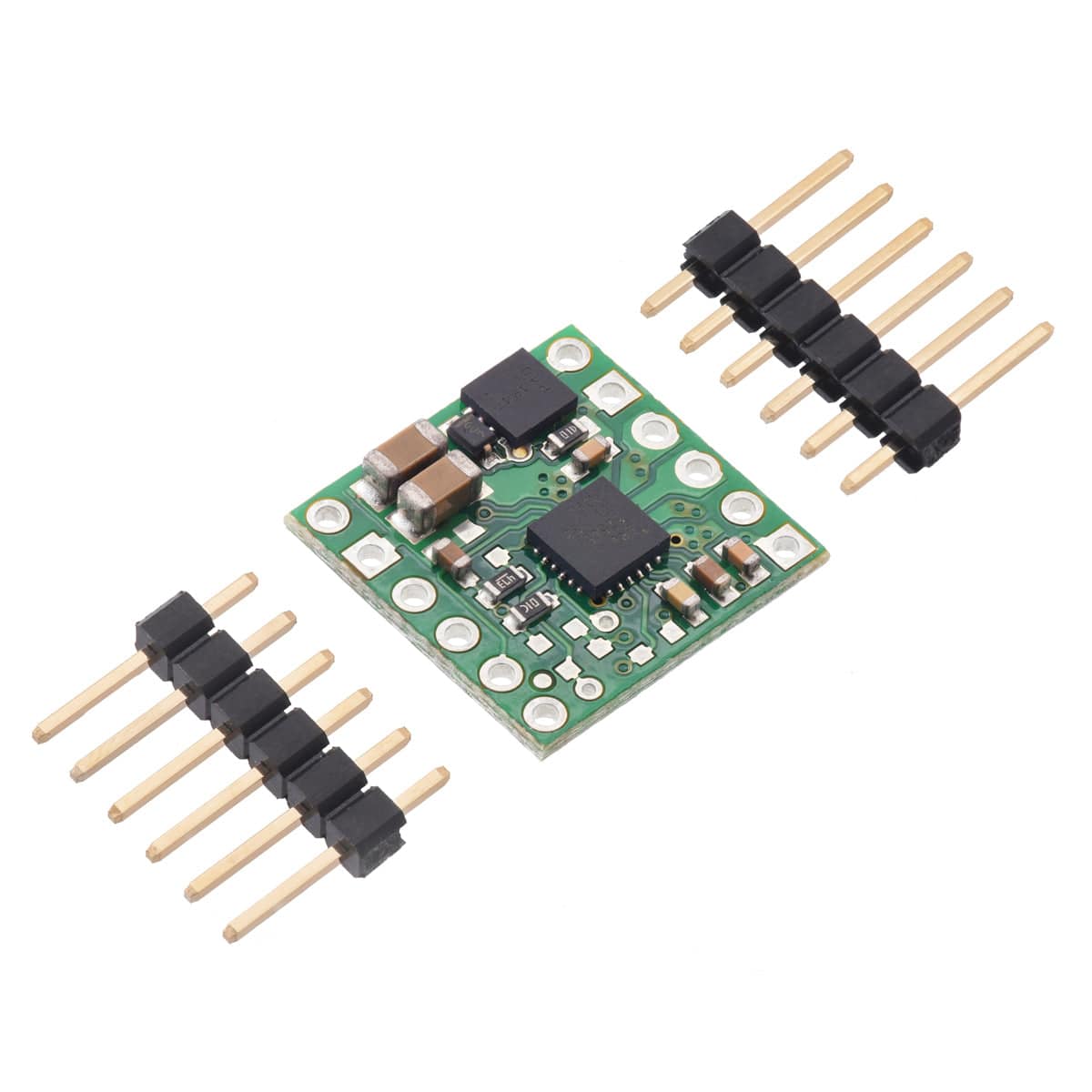
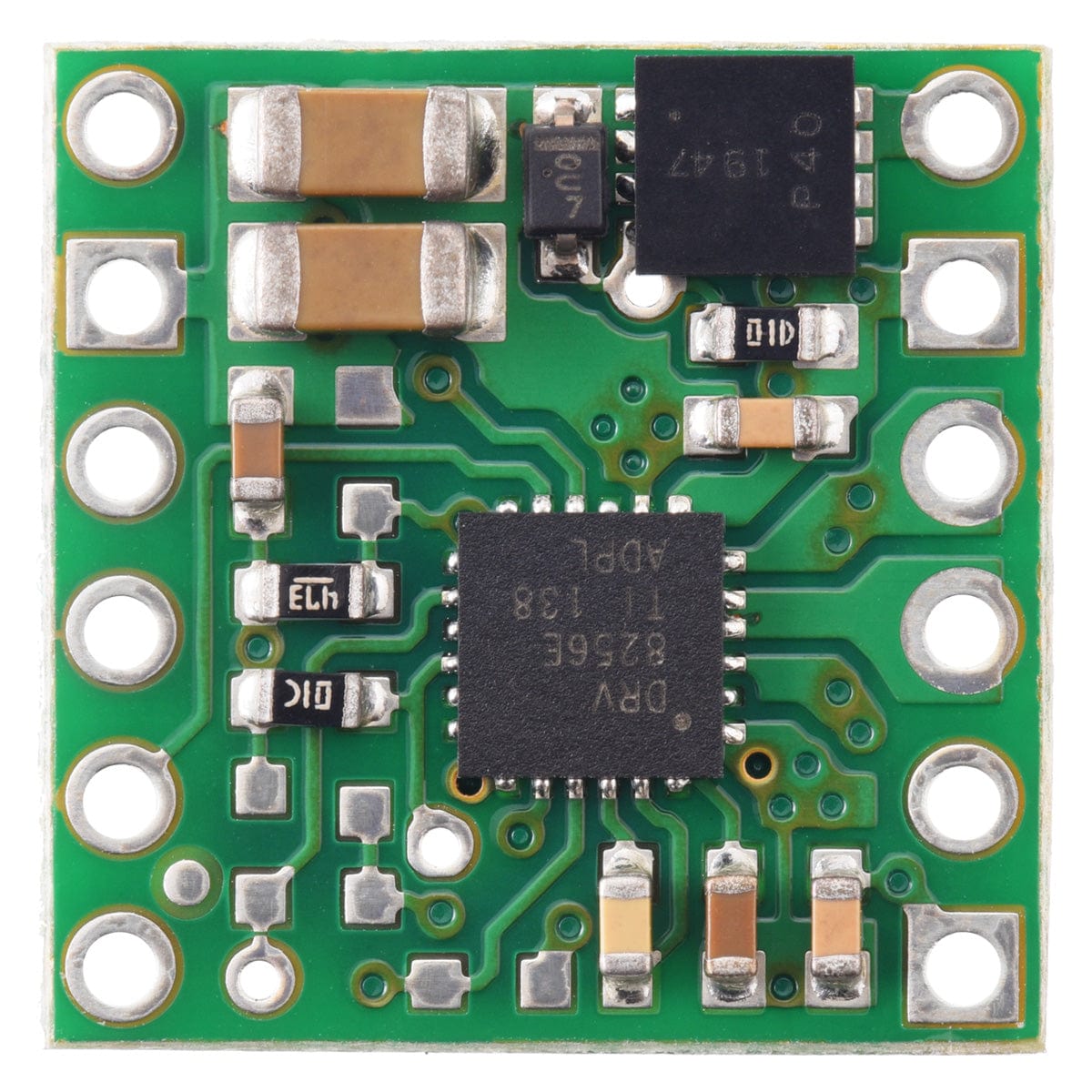
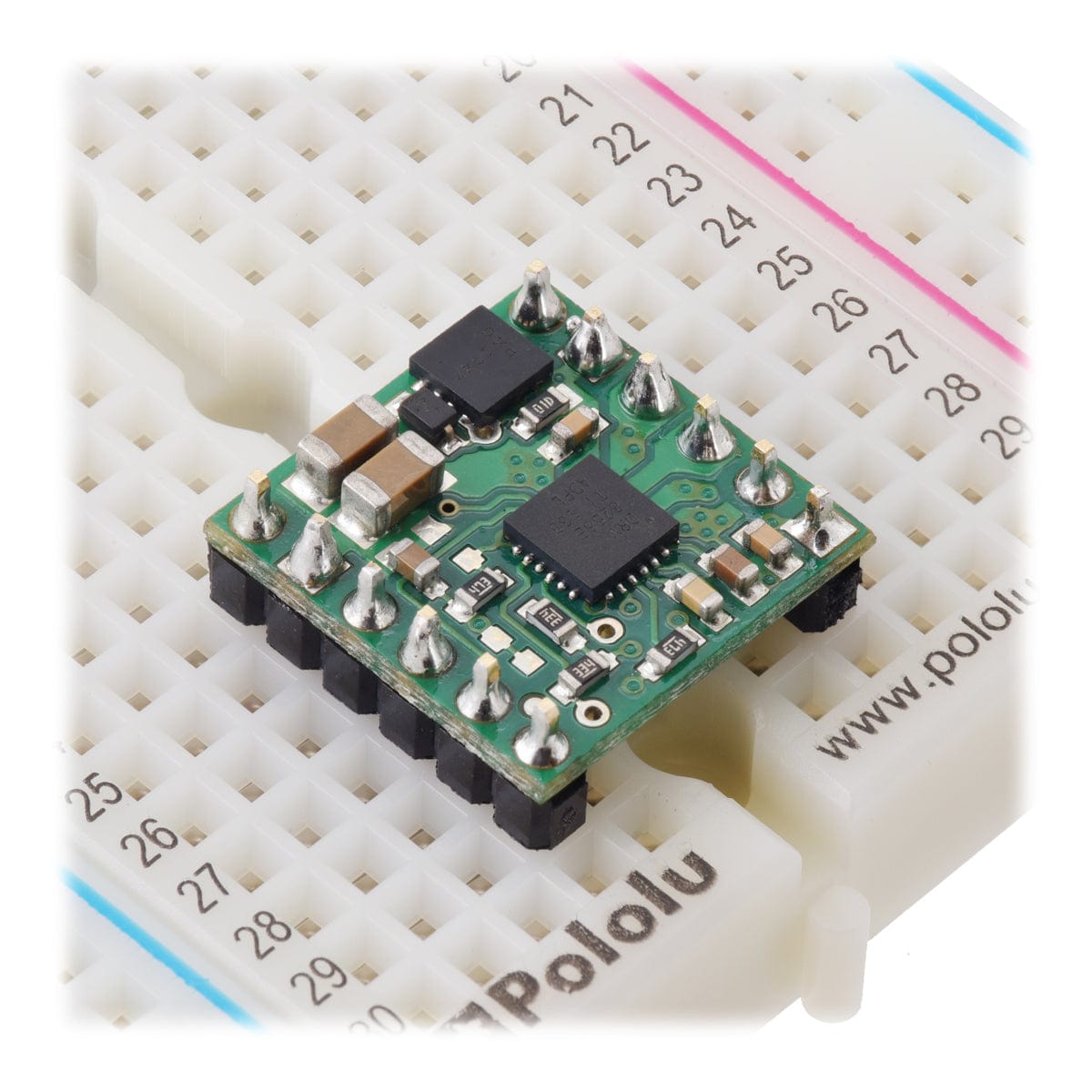
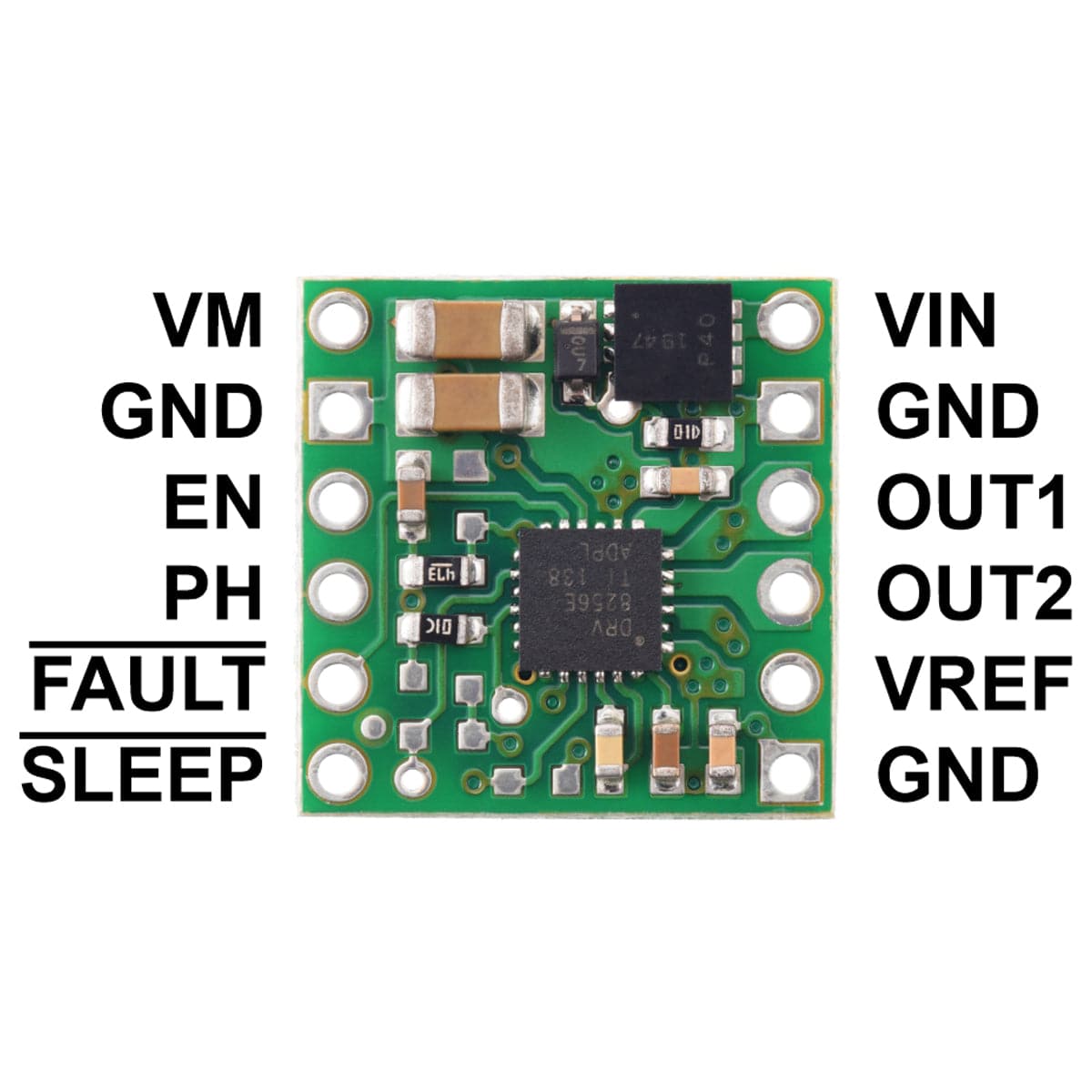
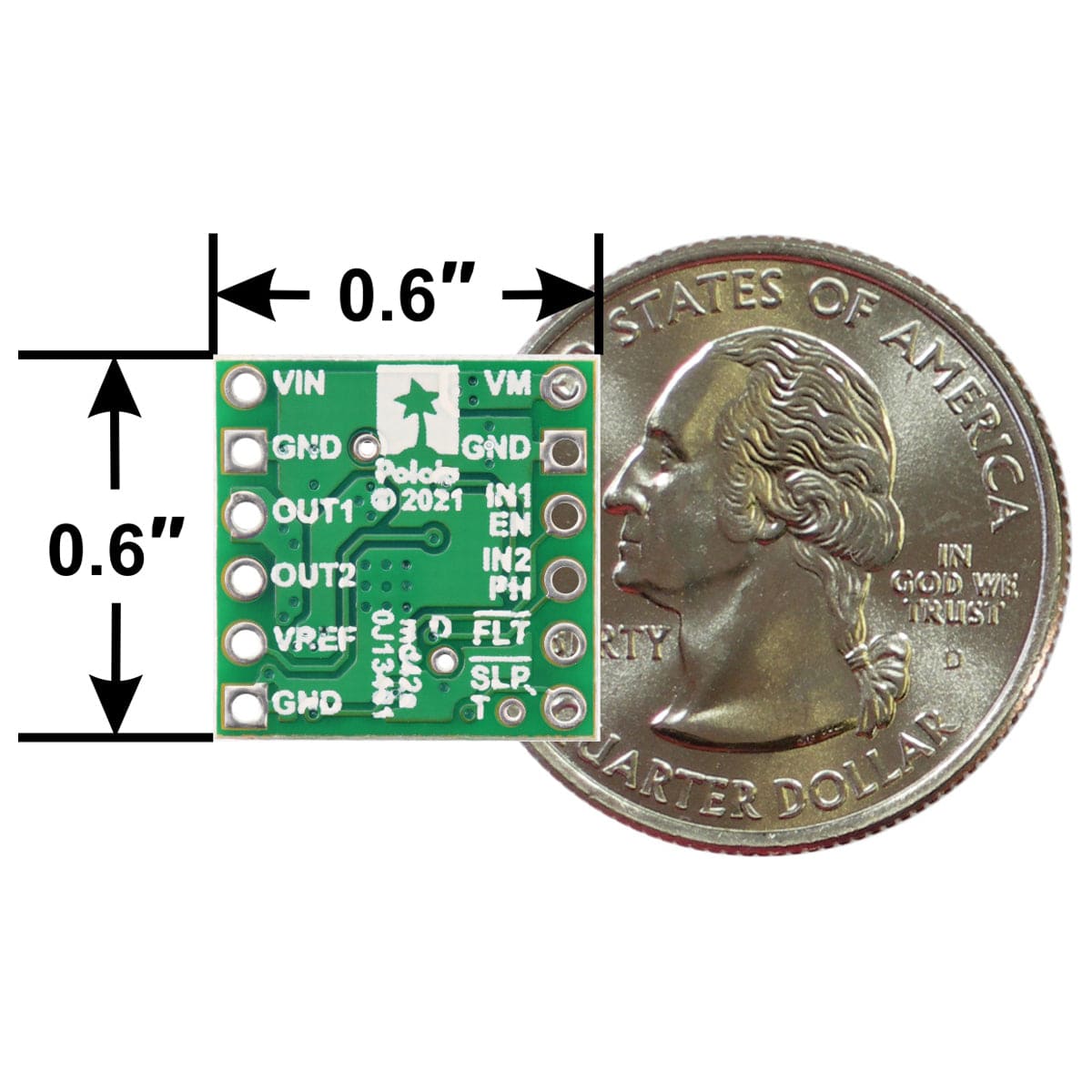
Login / Signup
Cart
Your cart is empty
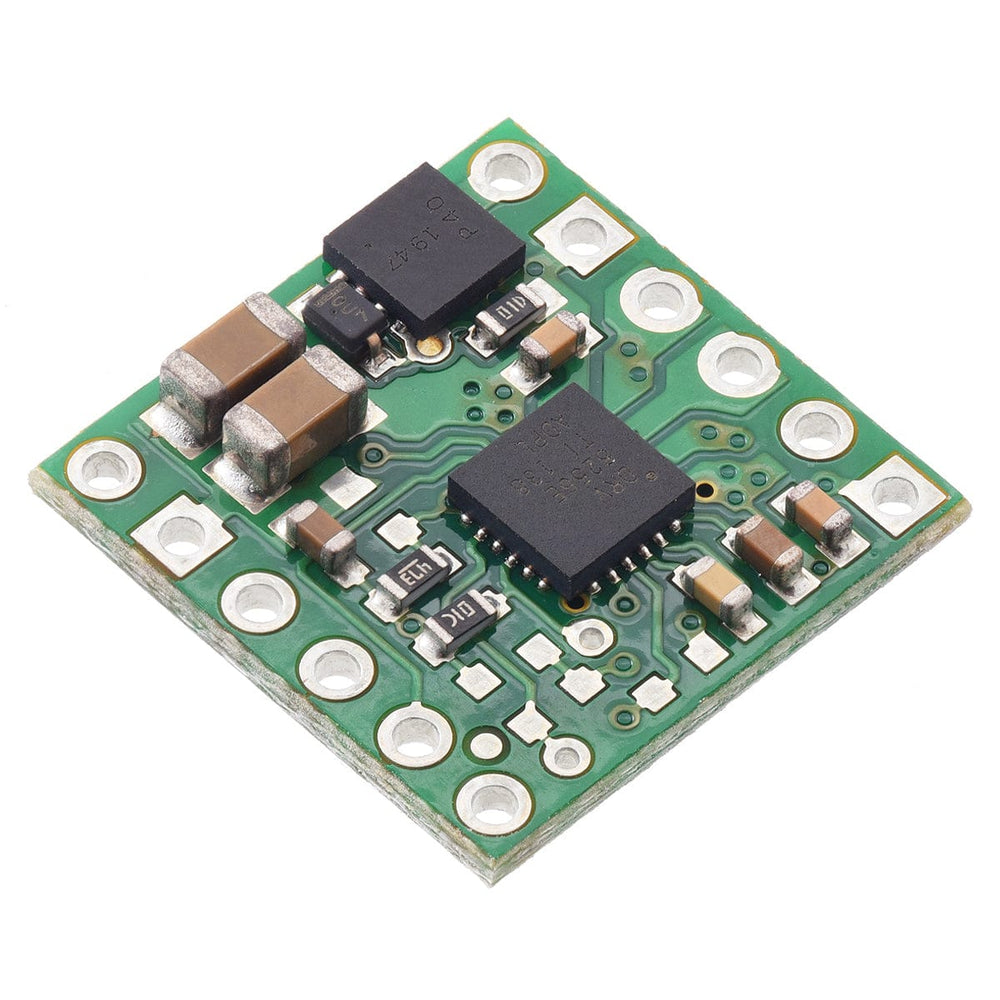
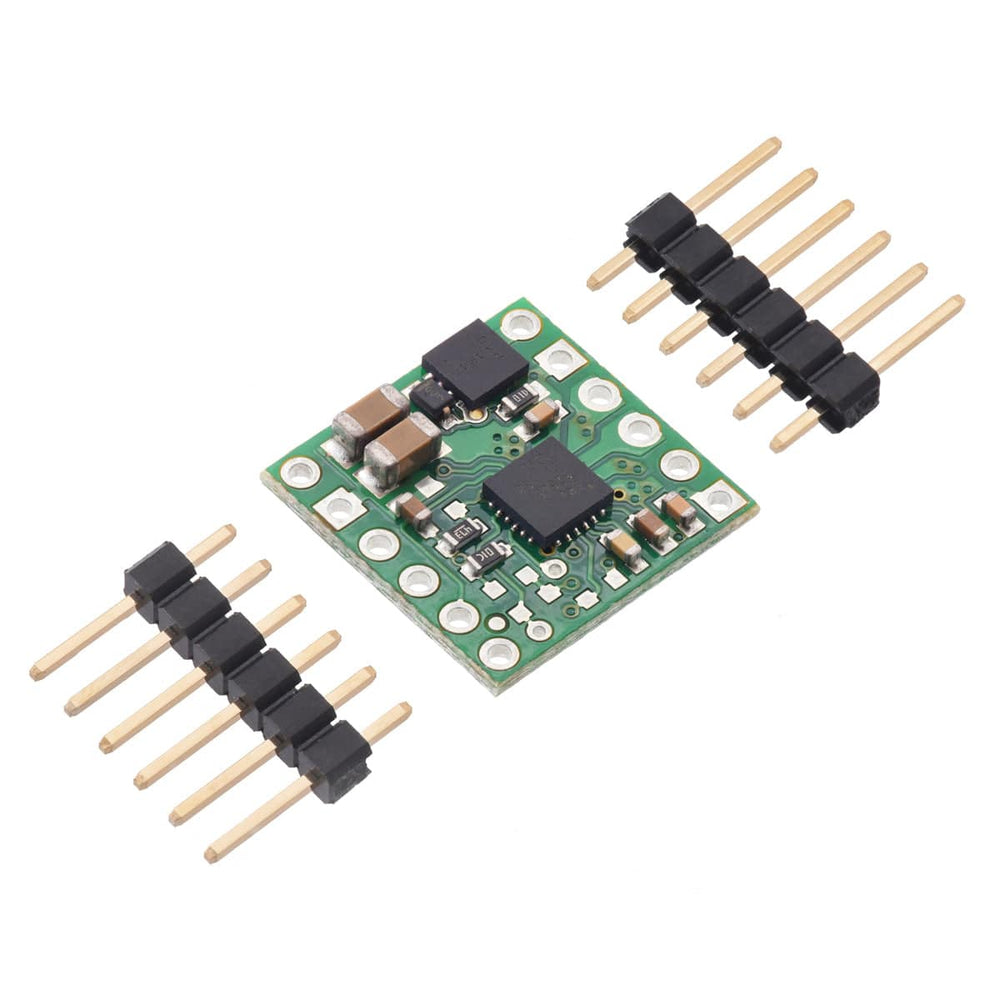
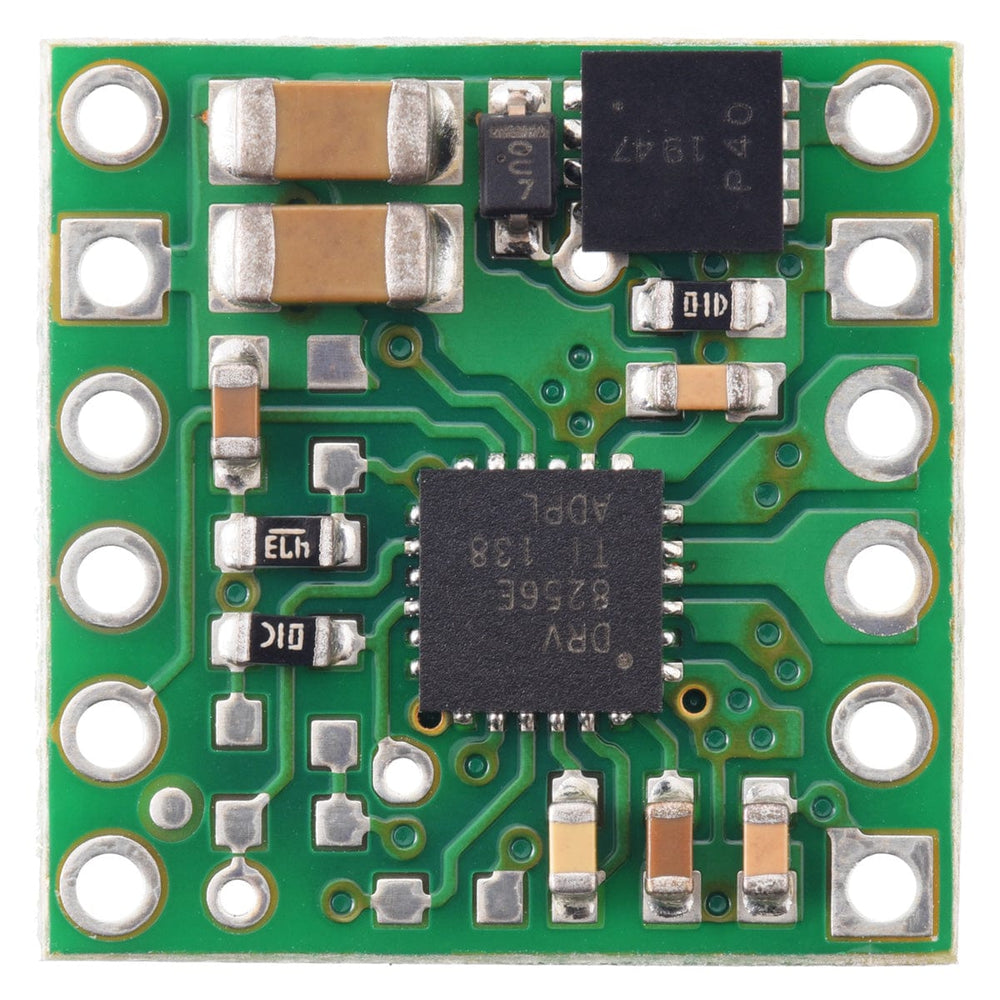
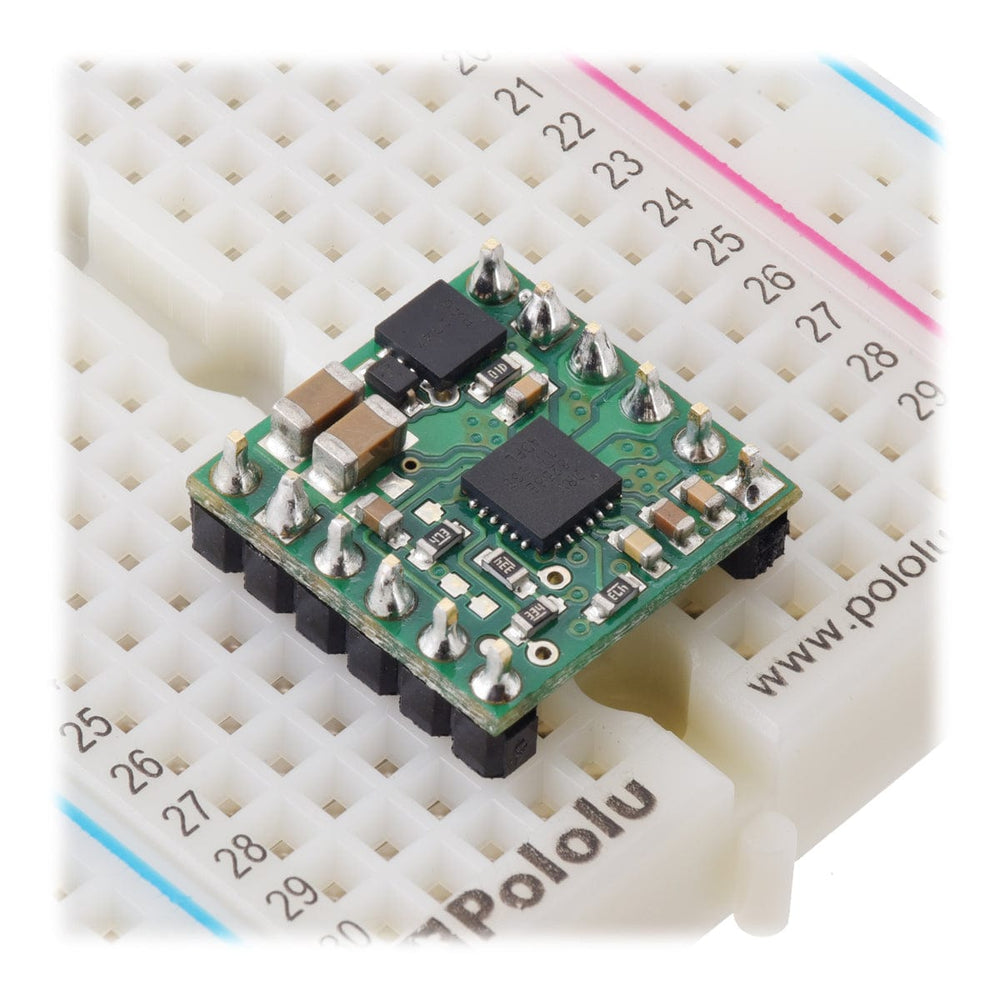
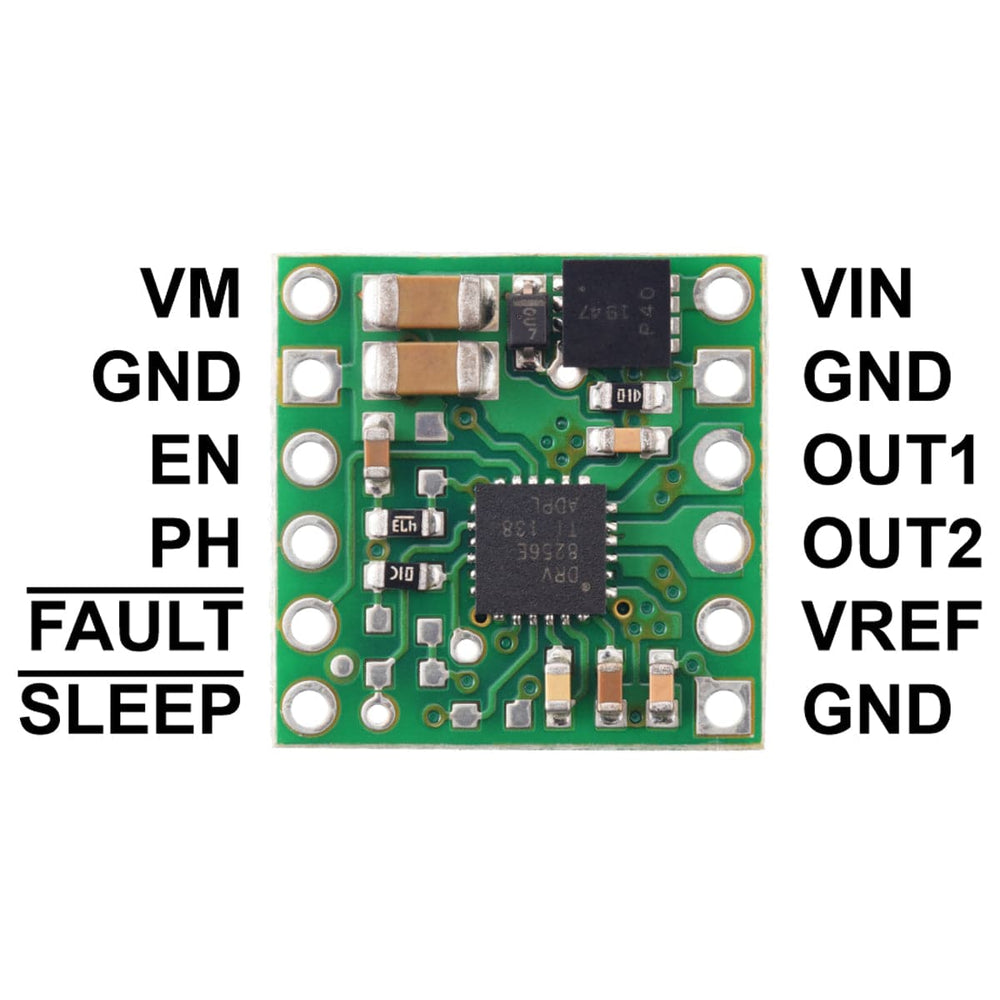
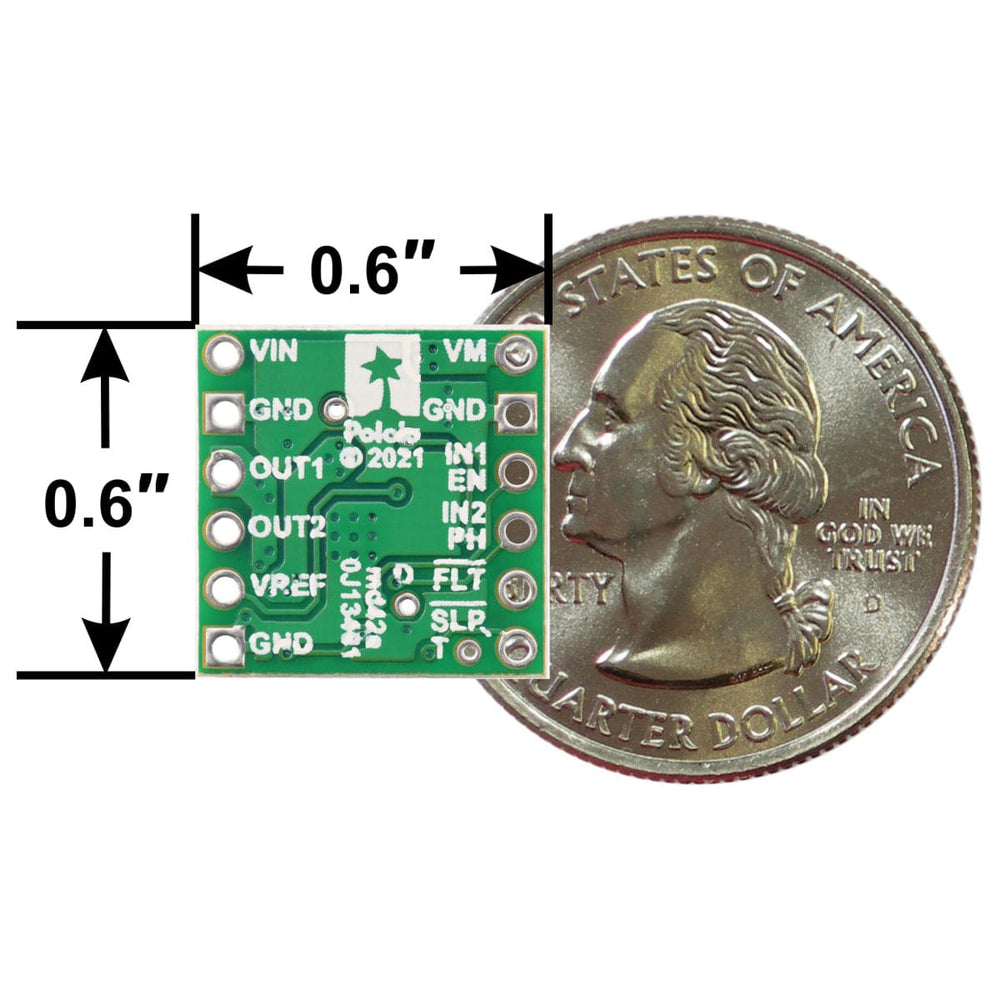
This Pololu compact breakout board for TI’s DRV8256E motor driver offers a wide operating voltage range of 4.5V to 48V and can deliver a continuous 1.9A (6.4A peak for <1 second) to a single brushed DC motor. It features a simple two-pin speed/direction interface and built-in protection against reverse-voltage, under-voltage, over-current, and over-temperature.
The Texas Instruments’ DRV8256E is a tiny H-bridge motor driver IC that can be used for bidirectional control of a single brushed DC motor at 4.5V to 48V. It can supply up to about 1.9A continuously and can tolerate peak currents up to 6.4A for a few seconds, making it a good choice for small motors that run on a wide range of voltages. Since this board is a carrier for the DRV8256E, we recommend careful reading of the DRV8256 datasheet. The board ships populated with all of its SMD components, including the DRV8256E.
This DRV8256E uses a phase/enable interface that allows bidirectional control with only one PWM signal, but it is limited to drive/coast operation. The very similar DRV8256P has an IN/IN interface instead, requiring two PWM signals for full bidirectional control, but it offers drive/brake operation (which usually provides a more linear relationship between PWM duty cycle and motor speed).
Warning! This product can get hot enough to burn you long before the chip overheats. Take care when handling this product and other components connected to it.
| Motor driver: | DRV8256E |
| Motor channels: | 1 |
| Minimum operating voltage: | 4.5 V |
| Maximum operating voltage: | 48 V |
| Continuous output current per channel: | 1.9 A |
| Peak output current per channel: | 6.4 A |
| Maximum PWM frequency: | 100 kHz |
| Minimum logic voltage: | 1.8 V |
| Maximum logic voltage: | 5.5 V |
| Reverse voltage protection?: | Y |
| Header pins soldered?: | N |
| Size: | 0.6″ × 0.6″ |
| Weight: | 0.6 g |
In a typical application, power connections are made on one side of the board and control connections are made on the other. Aside from motor and power connections (including a logic voltage connection to SLEEP), the only required control pins are ENABLE and PHASE

| ENABLE | PHASE | OUT1 | OUT2 | Operating Mode |
| PWM | 1 | PWM (H/OPEN) |
L | forward/coast at speed PWM % |
| PWM | 0 | L | PWM (H/OPEN) |
reverse/coast at speed PWM % |
| 0 | X | OPEN | OPEN | coast (outputs off) |

| Pin |
Default State |
Description |
| VIN | 4.5 V to 48 V board power supply input (reverse-protected up to 40 V). | |
| GND | Ground connection points for the motor and logic supplies. The control source and the motor driver must share a common ground. | |
| VM | This pin gives access to the motor power supply after the reverse-voltage protection MOSFET (see the board schematic below). It can be used to supply reverse-protected power to other components in the system. | |
| OUT1 | Motor output 1. | |
| OUT2 | Motor output 2. | |
| EN | LOW | Enable input for enabling the driver outputs/controlling motor speed. Logic high causes the motor to drive. A PWM signal can be applied to this pin. |
| PH | LOW | Phase input for controlling motor direction. |
| FAULT | FLOATING | Open-drain, active-low fault output. This pin goes low during an over-current, over-temperature, or under-voltage condition. You must use an external pull-up resistor to give this pin a default high value if you want to use it. |
| SLEEP | LOW | Sleep input that puts the DRV8256E into a low-power sleep mode when low. This pin can also be toggled to clear a latched over-current or over-temperature fault. |
| VREF | Current limiting threshold reference voltage (see below). |
The DRV8256 can actively limit the current through the motors by using a fixed off-time PWM current regulation (current chopping). The current limit is determined by the voltage on the VREF pin, which this carrier board pulls up to 5 V (DVDD) through a 47 kΩ resistor, setting the current limit to 6.4 A (the maximum possible).
You can lower the current limit by connecting an additional resistor between VREF and GND or by connecting an external reference voltage directly to VREF. Refer to the DRV8256 datasheet for more information about the driver’s current regulation.
The DRV8256 datasheet rates this driver for a peak current of 6.4 A, and that is its maximum possible current limiting threshold. However, the chip by itself will overheat at lower currents. In our tests, we found that the chip was able to deliver 5 A for only a few seconds or 6.4 A for less than a second before the chip’s thermal protection kicked in and disabled the motor outputs; a continuous current of about 1.9 A was sustainable for many minutes without triggering a thermal shutdown.
The actual current you can deliver will depend on how well you can keep the motor driver cool. The carrier’s printed circuit board is designed to help with this by drawing heat out of the motor driver chip. PWMing the motor will introduce additional heating proportional to the frequency.
Warning! This product can get hot enough to burn you long before the chip overheats. Take care when handling this product and other components connected to it.
Breakaway 0.1″ male headers are included with the DRV8256E motor driver carrier, which can be soldered in to use the driver with perfboards, breadboards, or 0.1″ female connectors (the headers might ship as a single larger strip that can be broken into smaller pieces).
When used with these header pins, the board can be oriented with the parts visible, as shown in the right picture above, or with the silkscreen visible, by soldering the headers in from the opposite side. You can also solder your motor leads and other connections directly to the board.







